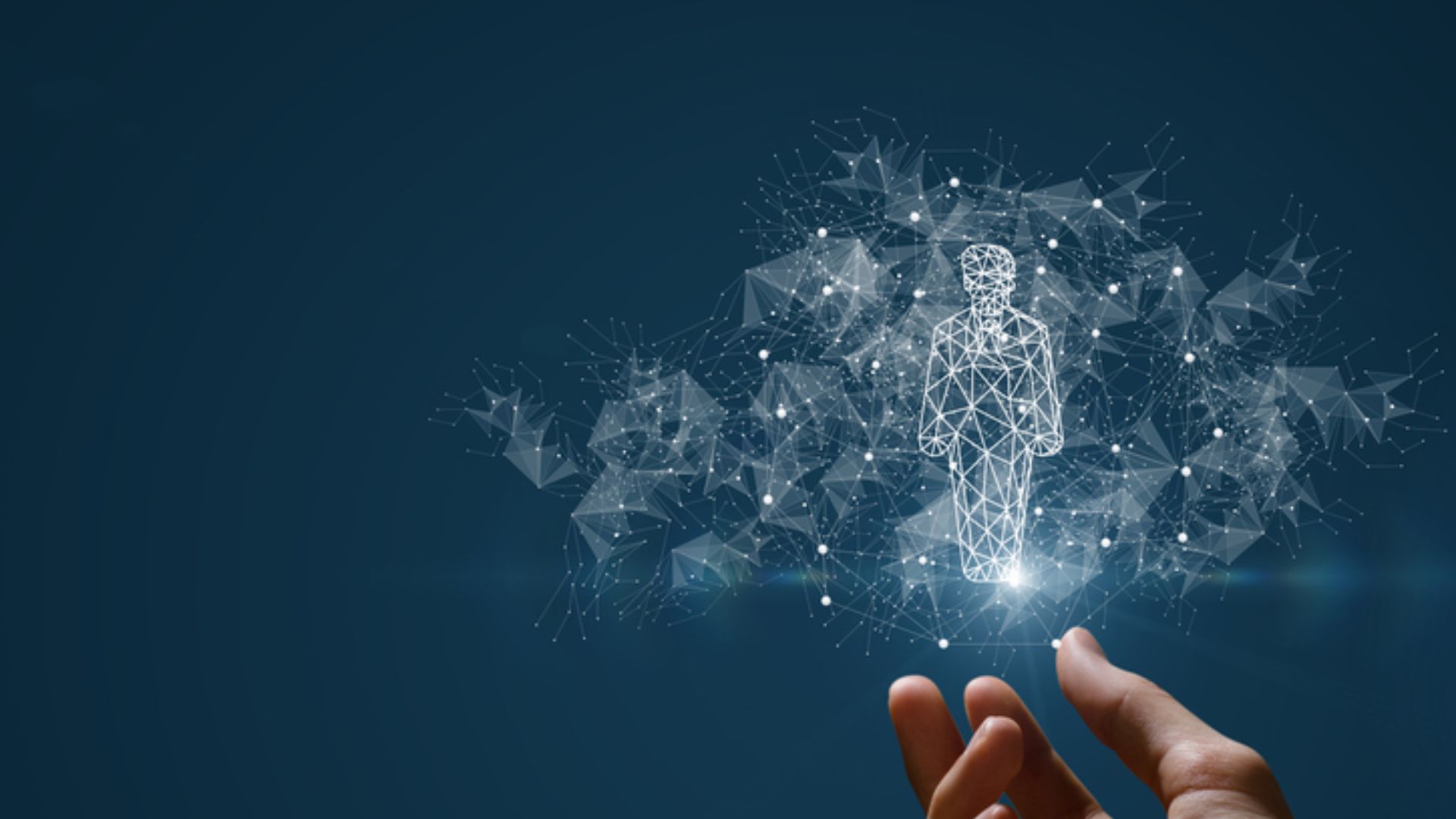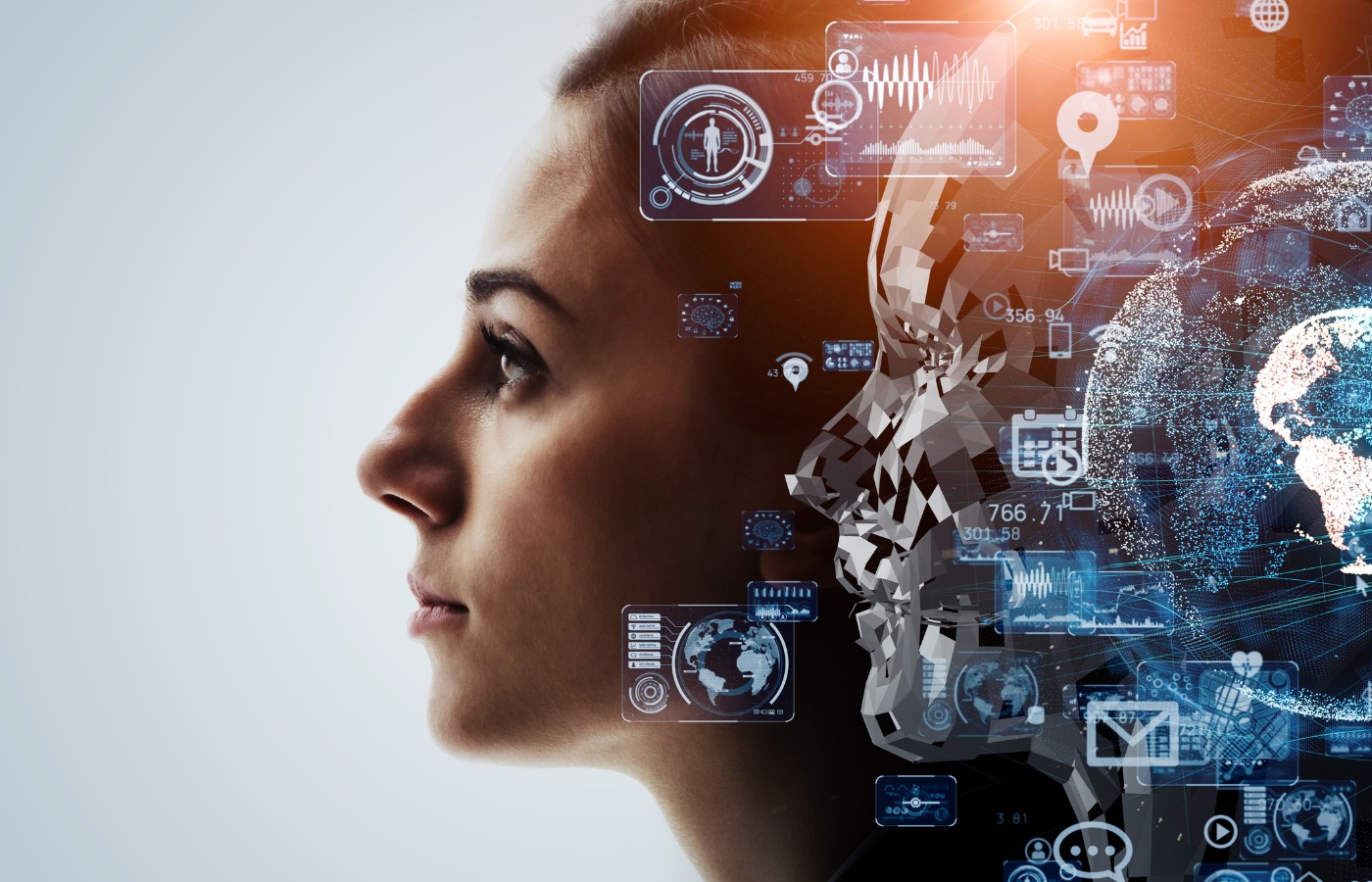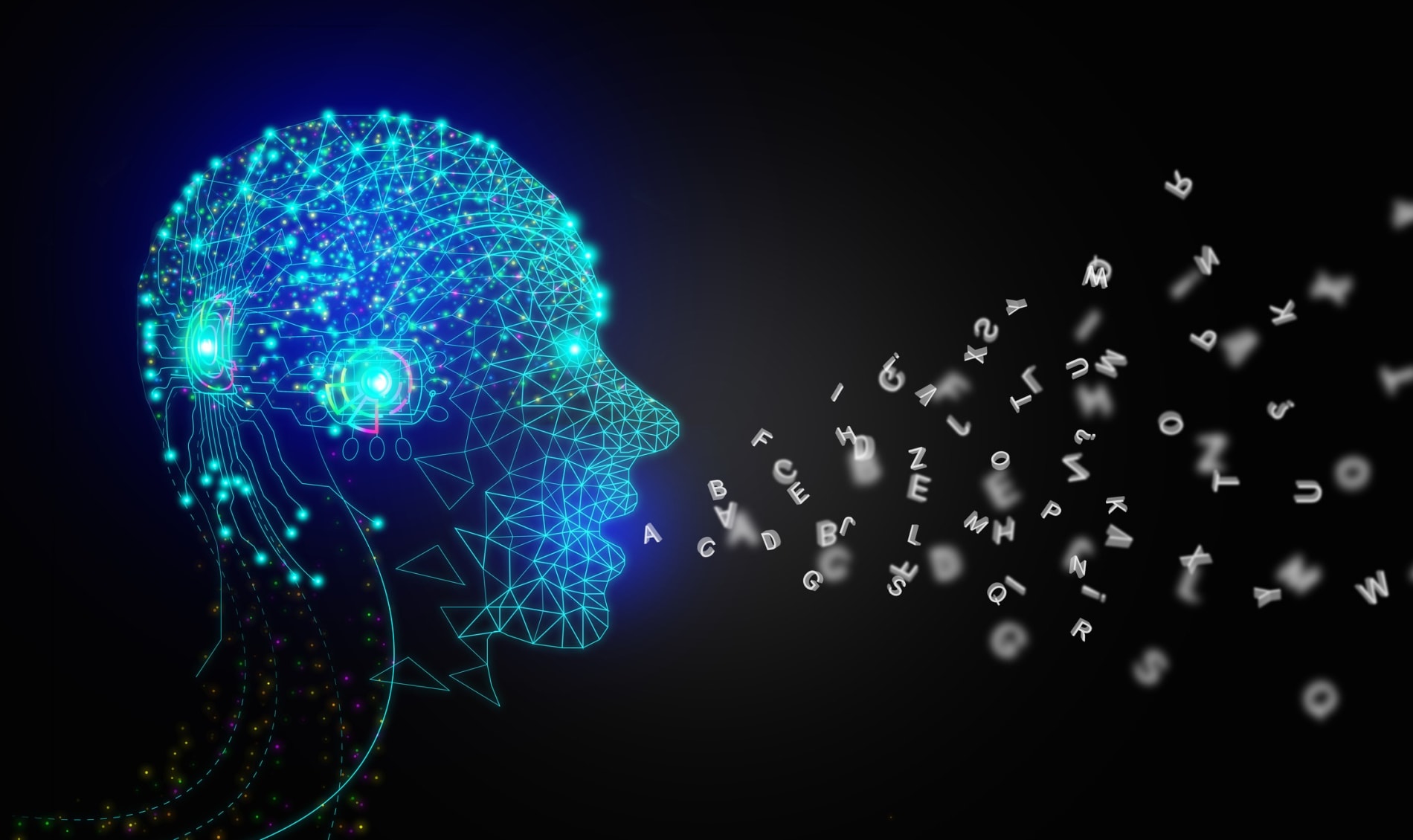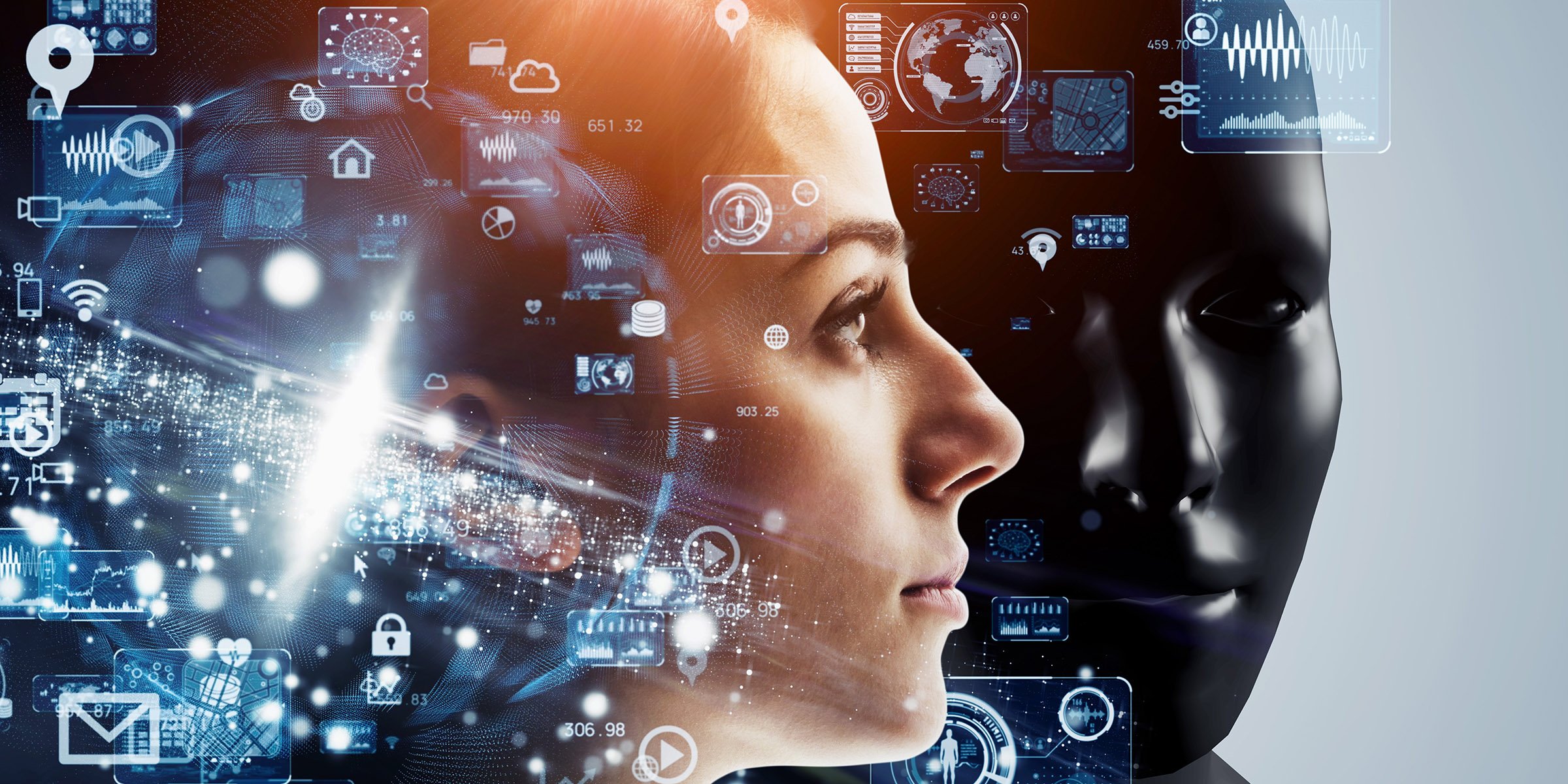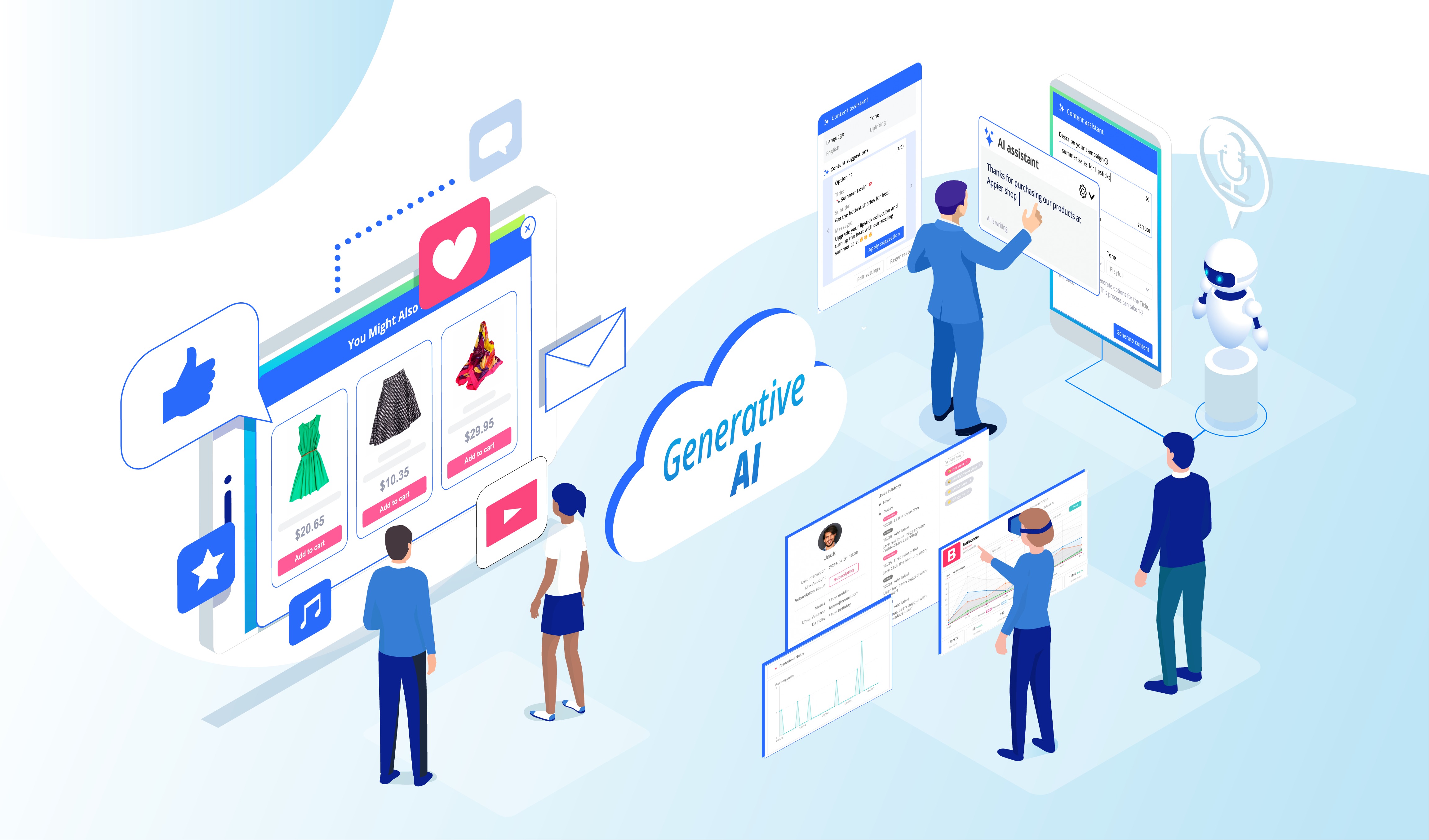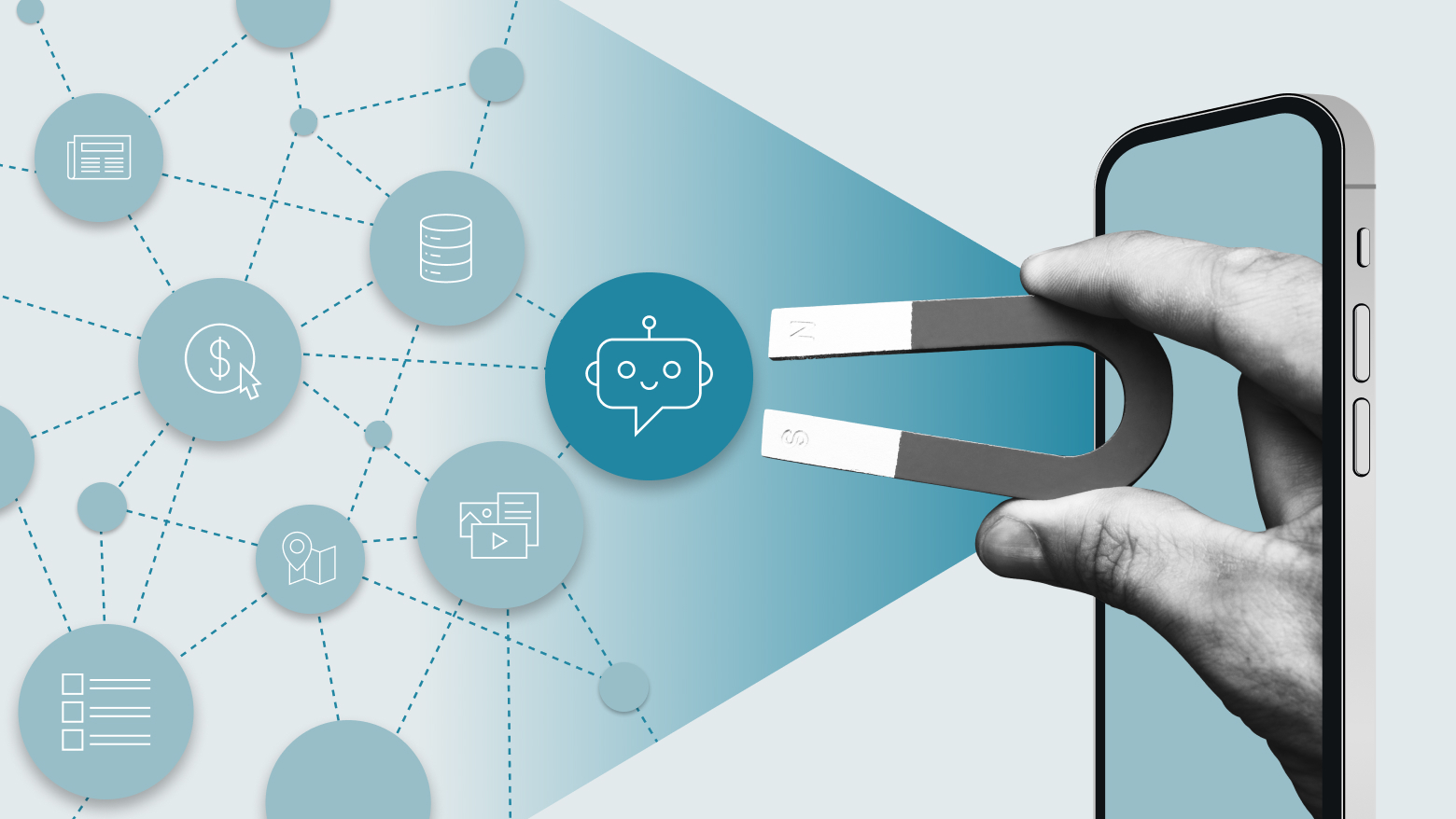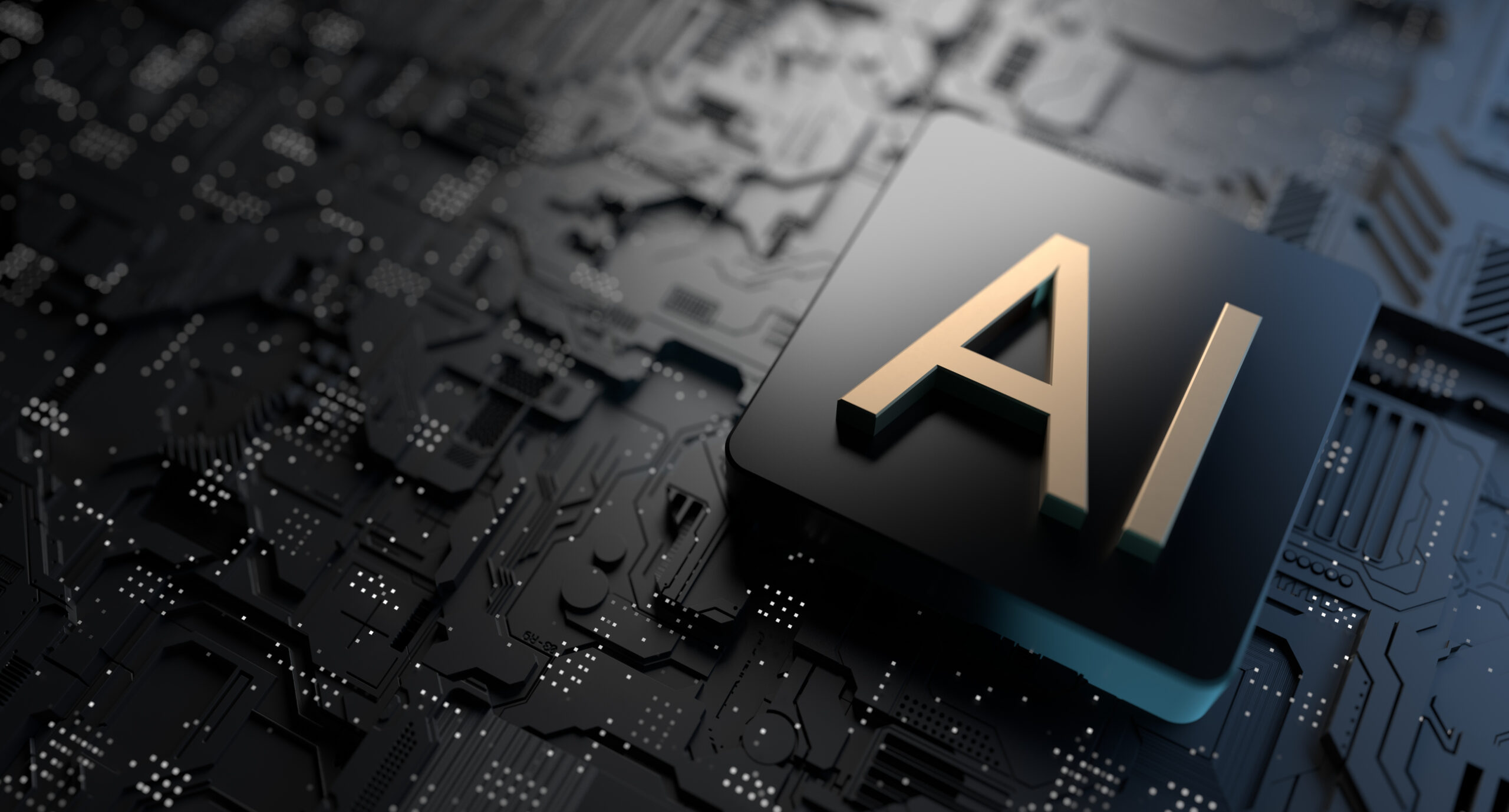
You may have heard that some people use ChatGPT to write code and cover letters and that AI-made art is getting first place at the Colorado State Fair. The truth is that AI has come a long way in the last five years. It is no longer seen as a dream of the future; it's now seen as a modern reality that people and companies can get more easily.
AI that is improving quickly has helped us make vaccines, process data at record-breaking speeds, and make businesses in all fields run better. It has also made people even more afraid that AI will one day replace humans in jobs.
That is a valid worry since companies may discover that AI technology is a less expensive and more effective option than hiring people to do specific tasks. Let's talk about how can workers AI-proof their jobs. You can even use AI to make yourself more valuable as an employee. Here are the times to protect your job against AI!
Skills And Specializations To Always Stay Caught Up With The Times
Tech jobs are constantly changing because of new skills and specializations. This means that people who don't fit in with the businessalways stay caught up. Learning is the most important thing you can do to stay in the tech business as it changes.
Every techie needs to learn how to use new technologies at least once in their life. It's been shown to help people grow. You have a lower chance of being laid off, and your job is also likely to grow in a good way. As the AI job market keeps getting better, here are some specific skills that are in high demand.
- Getting better at writing and coding.
- Being able to adapt and change.
- Developing skills that cross disciplines.
- Find out the good and bad things about developing AI.
- Developing and promoting responsible ways of using data thoughts.
Use AI To Your Advantage
If you can't beat them, join them, as the saying goes. Although people are better at many tasks than bots, it doesn't make sense to compete with tools like ChatGPT when it comes to making simple jobs easier.
If you use AI for simple tasks like scheduling, managing time, and data analysis, you'll have more time and energy to work on tasks that need human input.
Get Proficient With Chatgpt Prompts
What a robot says is only as good as what it is told. Now you know how to use tools like ChatGPT, Google Bard, and Gemini better. Learn how to master the art of the suggestion. In general, there are a few essential things to keep in mind as you write your topic.
To keep the answer from being affected by your feelings, you should use neutral, objective language. Also, be as specific as you can, give the chatbot a lot of background information and models to follow, and be clear about what you don't want in an answer.
Create A Custom GPT For Your Company
OpenAI just released the GPT store, which lets people make their own GPT and make money from it. It's one thing to learn how to use existing chatbots.
But making a custom GPT for your business will show your boss that you're an expert in the field, which will make your job even more critical.
Become A Research Pro
There's no doubt that ChatGPT and other AI tools are good study tools. But ChatGPT 3.5 can only get data from January 2022, and ChatGPT-4 can only get data from April of last year.
This means that the RobotRobot can't use up-to-date information in its answers. AI apps also make mistakes, give wrong information, and need source information, which makes them even less helpful.
Hone Your Emotional Intelligence
Humans will always be able to empathize and connect on an emotional level, no matter how smart AI gets.
Therefore, one way to get an edge over AI and become an essential part of your team is to improve your emotional intelligence (EI).
Develop Your Creativity
AI also needs more imagination, which is another area where it fits. Even though chatbots can quickly handle large amounts of data and write complicated code, AI will never be able to come up with a new idea as well as a person.
Because of this flaw, AI models are not as dangerous to creative jobs as those of writers, choreographers, stylists, and musicians.
Work On Your Brand
An excellent way to explain AI is as a "Jack of all trades, master of none." While chatbots can do what seems like a limited number of jobs, they will never be able to match the skills, knowledge, and power of industry leaders.
Building your brand and finding a niche in your area is one of the best ways to protect your position at your current job and in the future.
Diversify Your Skillset
Finally, if you work in a job that is more likely to be automated, now is a great time to improve your chances of getting a job by learning new skills. It's always possible to learn something new, and as AI continues to change the job market, the best way to stay ahead is to pick up more skills.
Being creative, thinking critically, and being able to solve problems are all tremendous human skills that are becoming even more important in the age of AI.
Bridging The Gap Between Data And Insights
Data scientists are essential for getting helpful information from vast amounts of data. In today's data-driven world, businesses gather and store vast amounts of data. However, this data has a lot of promise that has yet to be used because no one knows how to analyze and make sense of it.
Data scientists have a unique set of skills that lets them turn raw data into ideas that can be used. They know how to do statistical research, programming, and machine learning very well. Data scientists can find patterns, trends, and connections in large datasets by using these skills.
Protecting Digital Assets From Emerging Threats
There is a greater need for cybersecurity experts as AI and technology become more important. In today's world, where everything is linked, businesses are constantly hit with cyber threats and holes in their defenses that can let hackers access their digital assets and private data.
Cybersecurity experts are essential for keeping these assets safe and guarding against new threats.
Innovating Patient Care With AI
Healthcare technologists use their understanding of both medicine and AI to change the way patients are cared for thoroughly. As healthcare continues to improve, technology becomes an even more critical part of diagnosing problems, planning treatments, and making sure patients get better care.
Healthcare technologists use AI to come up with and implement new ideas. They work at the intersection of medicine and technology. They know a lot about how healthcare works, what patients need, and what AI tools can do.
The Potential Impact Of AI
AI doesn't look at all like it does in science fiction like it does in movies and books. Modern AI is not like the evil HAL from 2001: A Space Odyssey or the humanoid machines from I, Robot. Instead, it is a type of computer code that makes computers and machines act and think like humans.
You probably already use a lot of them, even if you don't know they're AI. For example, the iPhone's Siri voice helper and emAIl spam filters are examples of AI in action. More advanced apps like Midjourney, ChatGPT, and Stable Diffusion are also examples.
AI doesn't include a lousy machine out to kill everyone, but it could completely change some jobs or even replace them. To protect your work for the future, you need to know which jobs are most likely to be lost. There are a few jobs that AI could easily replace.
- Customer Service - Some bad things have been said about chatbots. AI will, however, make chatbots smarter and better at helping customers as time goes on. They will learn to answer in ways that can't be told apart from an honest customer service rep.
- Research and analysis- AI can quickly sort, extrapolate, and examine vast amounts of data. In the long run, this could mean that AI can study and perform data analysis without any help from humans.
- Manufacturing and production- Large-scale manufacturing today uses technology in almost every step of the process. This trend is likely to keep going, which will eventually mean less need for factory workers.
8 Top AI-Proof Jobs To Consider
Not all jobs can be automated, and some jobs in many fields are more complex than others. The jobs that are least likely to be taken over by AI are generally in the following fields:
Teaching
For hundreds of years, teaching has been an essential part of society, and AI tools won't soon be able to take the place of real people in the classroom. Why? Teachers are often what motivates their students, and they use their people skills all the time to teach students new things.
Nursing
Nursing students learn how to care for, understand, and help their patients in ways that AI and robots can't really do. Most nursing jobs won't be automated because they require a lot of specialized medical knowledge, the ability to make difficult decisions, and honest, caring interactions with people.
Creative Professions
There are a lot of different kinds of creative jobs, from writing and design to music and art. People in these jobs need to be very creative, original, and innovative, which is not something that AI can easily do. The human mind and situation are what make people creative, which is something that machines don't have.
Data Scientist
Data scientists use ample, complicated information to find patterns and insights. Because they know a lot about statistics, code, and machine learning, they can find patterns, predict trends, and make decisions based on data.
Raw data could be more helpful. Data scientists take raw data and turn it into insights that can help businesses grow, make processes more efficient, and make better decisions.
Social Work
To work as a social worker, you need to be able to understand and help other people's feelings. For instance, marriage and family therapists work with relationships that are hard to understand.
Psychologists help people understand their feelings and deal with them. Every type of social worker tries to be a calming presence for the people they help. It would be hard for AI technologies to do an excellent job of replacing these pros.
Skilled Trades
For skilled jobs, you need to be physically flexible and know how to do things technically. Jobs in skilled trades that can't be done by AI include electricians, mechanics, techs, carpenters, and even athletes.
A lot of training, hand-eye coordination, and intuition are what these professionals depend on. AI programs and robots can only partially match these skills.
Cybersecurity Analyst
Cybersecurity is critical in this modern world. As AI technologies change, so do cyber threats.
This shows how important it is to have a Cybersecurity Analyst to keep private data safe. These analysts are very important for finding weak spots, making security measures stronger, and handling security events.
Sales And Customer Service
Sales and customer service jobs always need people skills. To get people to buy from them, salespeople need to make pitches that are convincing and interesting. Customer service reps meet people's wants by answering their questions and helping them solve their problems.
Even though AI might be able to do the same thing, you need a live person to make deeper connections and build relationships that last longer.
3 Ways To Get AI Right In The Workplace
How, then, can we help people get over their fear of AI and learn how to do well in a new world of work? To successfully use AI, more is needed than just learning and building it.
To find new and better ways to do things, people need to be encouraged and given the freedom to do so. They also need to know how to use new tools and processes. To do this, you should pay attention to these three areas as we move into the new AI era.
- Support the change process- It's more important to teach people how to change than to teach them how to use AI. It can be upsetting for employees not to understand why their company is changing how work is done or what they are supposed to do during this time. Companies need to be clear about what they want to do, give a road map, and set a time frame for making changes.
- Invest in a skilling strategy- A lot of companies are rushing to invest in AI technology, but they need help understanding what they need to do to help their employees grow. For example, AI can cut down on or get rid of dull, repeated work so that people can focus on more critical tasks. By teaching them how to do this, technology capital will be better used, and more people will use it.
- Create talent feedback loops- As AI helps to change the way work is done, feedback from people who use it can be constructive. The best results will come from regularly polling users and managers and using what you learn. Also, workers are most likely to support AI-powered tools when they think they have a say in how they are used.
How AI Has Already Impacted Industries And Job Markets
In many areas, AI is already having an effect on businesses and the job market. Let's look at some of the most critical ways that AI has changed jobs.
Loss Of Jobs
Concerns have been raised about job loss because AI can handle tasks that are done over and over again. Job roles that involve making content, like those in the media, are in danger because AI-powered tools like ChatGPT can quickly write pieces based on questions.
Aside from that, jobs like paralegals, researchers, designers, accountants, and customer service reps could also be automated. Still, it's important to remember that accurate results still need human opinion and help.
Automation Of Repetitive Tasks
AI is very good at automating chores that are done over and over again. This lets people focus on more creative and challenging parts of their jobs. AI can be used to handle tasks like writing articles, writing code, rating CVs, predictive analytics, and customer service. This technology makes things run more smoothly and gives workers more time and energy to do more meaningful work.
Creation Of New Jobs
AI may take away jobs in some places, but it also makes new jobs possible. As AI gets better, new jobs are being created for people with skills like prompt engineers, AI trainers, integration managers, and AI ethics experts. These jobs need special AI skills and knowledge, which gives people a chance to adapt and do well in a job market that is constantly changing.
Rise In Demand For Soft Skills
AI can do a lot of things automatically, but it can be challenging to copy human skills. Soft skills, like communication, leadership, and emotional intelligence, are precious, and AI will only be able to replace them slowly. These skills can help you stand out in the job market because they help you work well with others, solve problems, and be flexible.
Different Skill Sets Required For Jobs
As AI gets better, the skills needed for many jobs need to change. As time goes on, it becomes more and more valuable to know how to code, make AI prompts work better, and understand natural language processing (NLP).
Still, it's important to remember that soft skills are critical. Microsoft's Work Trend Index study says that emotional intelligence, analytical judgment, and flexibility will be critical in a future powered by AI.
Changes To The Gig Economy
AI is also affecting the gig economy, which is made up of short-term contracts and independent work. AI can make the gig economy run more smoothly, but it could also automate jobs and cause people to lose their income. But algorithms powered by AI can also match freelancers with projects that match their skills and interests, creating new possibilities for people who work in the gig economy.
Frequently Asked Questions
Do I Need To Learn New Skills For The AI-Driven Job Market?
It's never too late. To stay fresh and competitive, it's essential to keep learning.
How Can Networking Help In Securing Employment In The Age Of AI?
Networking gives you helpful information, job leads, and mental support, which makes your job more secure.
What Government Policies Are In Place To Protect Workers From AI-Related Job Losses?
Government policies change over time, but keeping up to date on them and pushing for changes can help make the job market safer.
Can AI And Humans Genuinely Collaborate In The Workplace?
Yes, AI and people are already working together successfully, which makes things run more smoothly.
How Can Workers Balance The Benefits Of Remote Work With The Challenges It Presents?
Keeping in touch with coworkers and using suitable methods for working from home can help you keep a balance.
Conclusion
I hope that you have understood how can workers AI-proof their jobs. With the rise of AI, there are both problems and chances for people working. Automation may take away jobs in some places, but it also makes new jobs possible and requires people to change the skills they use.
You can make sure your job will still be relevant in the ChatGPT era by continuing to learn throughout your life, focusing on skills that are in demand, building up your "soft skills," and being flexible. Remember that the best way to stay ahead of AI changes and stay competitive in the job market is to keep learning new skills. So, take charge of your job, be open to the possibilities that AI opens up, and do well in a future powered by AI.
